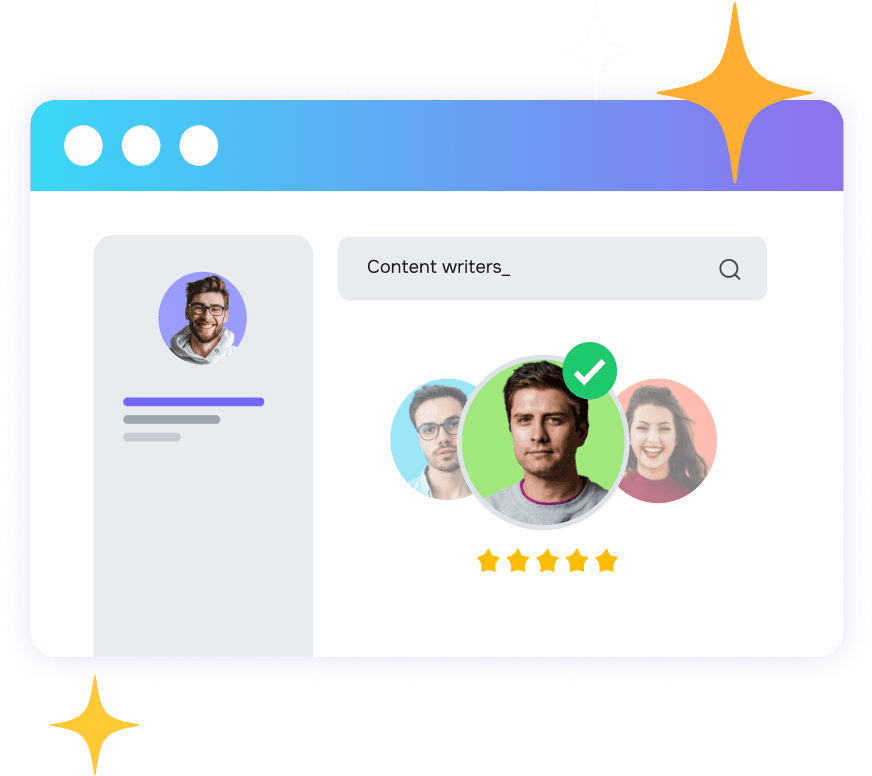The Evolution of Content Marketing With Anne McSilver
Content marketing has evolved almost 360 degrees in the last two decades. What used to be a filler for websites or a method of simply ranking on a search engine has evolved into something with much more substance and value.
Senior Content Marketing Manager and Editor at LinkedIn Anne McSilver discusses the evolution of content marketing and its role today with Anirudh Singla, CEO and Founder of Pepper Content.
1. We’d love to know about your journey. What got you into content marketing, and how has it been for you so far?
I'm a content marketer. I also think of myself as a brand journalist. And my passion is engaging and measurably influencing my audience. I have a deep background in content - it started when I was a kid who was a word nerd, loved telling stories, and participated in my school newspaper. I then went on to study journalism.
My career pre-dates the Internet, so I've seen a lot of changes. I've worked at newspapers, magazines, and custom publishing, which is what we called content marketing then. And eventually, I landed in content marketing, where I’ve worked with many clients and brands.
I specialize in travel, and more recently, I have a background in human resources and people management. I currently work for LinkedIn at LinkedIn Learning, which is essentially online training and a tremendous content engine. We're in the middle of our biggest annual franchise, the Workplace Learning Report, coming out in 2023.
2. How do you think content marketing as an ecosystem has evolved in the time you’ve been part of it?
One piece of the trajectory is when many journalists and editors found it challenging to go on in their industries as traditional media started to die. A lot of us felt we had no future. Fast forward to now, when every company is a content company, and there are so many jobs for people who are passionate about content, telling stories, and using data to persuade the reader.
Today, technology and AI also play a huge role! It will be interesting to see what this means for content marketers.
3. When you look at content marketing today - and even in LinkedIn's context - is content marketing more about brand marketing and thought leadership, or is it also strongly associated with demand generation metrics?
It's all of the above. Today, content marketing is becoming more sophisticated and also being divided into subdisciplines. If you're at a small startup and you're the content marketer, you're doing all things content, including website content, product content, and even user experience content. You're constantly searching for resources to do everything you need to do, but you have the advantage of getting to guide the strategy and execution.
But if you're in a larger organization, then content marketing breaks down into all of these little sub-specialties, and in my particular role, I'm bridging both sides that you mentioned. I'm working on brand building, but I'm also partnering closely with our growth marketers to ensure the content reaches the right eyeballs. The challenge here is mobilizing this enormous team of people with all levels of expertise and ensuring you're bringing maximum amplification to the content efforts and driving maximum ROI.
I've seen both sides of that, and it's exciting.
4. How have you seen the nature of content teams shape up - especially in the in-house vs. outsourcing debate?
I started at a content agency when it was still called 'custom publishing' instead of content marketing. I enjoyed that phase - we actually did some innovative things and experimented with new places to deliver content.
Many content agencies are doing excellent work, and I have no qualms about recommending content agencies. The value of having people in-house is you have so many opportunities to develop specialty expertise within the confines of your company culture. LinkedIn is heavily invested in our content team within our overarching talent solutions brand.
Sometimes I have to pinch myself. I work with many talented content professionals employed inside the company and spend all of their creative energy all day, every day, ensuring that we have the best content operations.
5. What do you think of AI’s role in content marketing? Do you see it as an enabler, or does it go against editorial standards?
Joe Pulizzi is a great guy - the godfather of content marketing. He's been thinking about the same things I've been thinking about - the new tools that will generate full, pretty clean, crisp blog posts for you.
On a human emotional level, I don't want to be replaced by a machine, but as Joe has pointed out, machines are doing an excellent job. AI can create original imagery for you based on voice commands, which is incredible.
AI tools will be essential tools, and our role is to figure out how we use our craft and knowledge to ensure that these tools are used responsibly.
Years ago, I attended a content marketing conference when content marketing was first a buzzword. And one of the speakers said that the great thing about content marketing is it doesn't even have to be factual. I rejected that notion then, and I reject that notion now. Accuracy and factual responsibility are core to building a brand on a foundation of trust.
6. What a 'Salesforce' for content marketing would look like for you?
I would imagine a platform like a dashboard with a complete content inventory and performance statistics that tracks how your content is living and performing in the world. It should also give you recommendations on what your next best step should be. Once you create content, it can be an asset you return to repeatedly.

